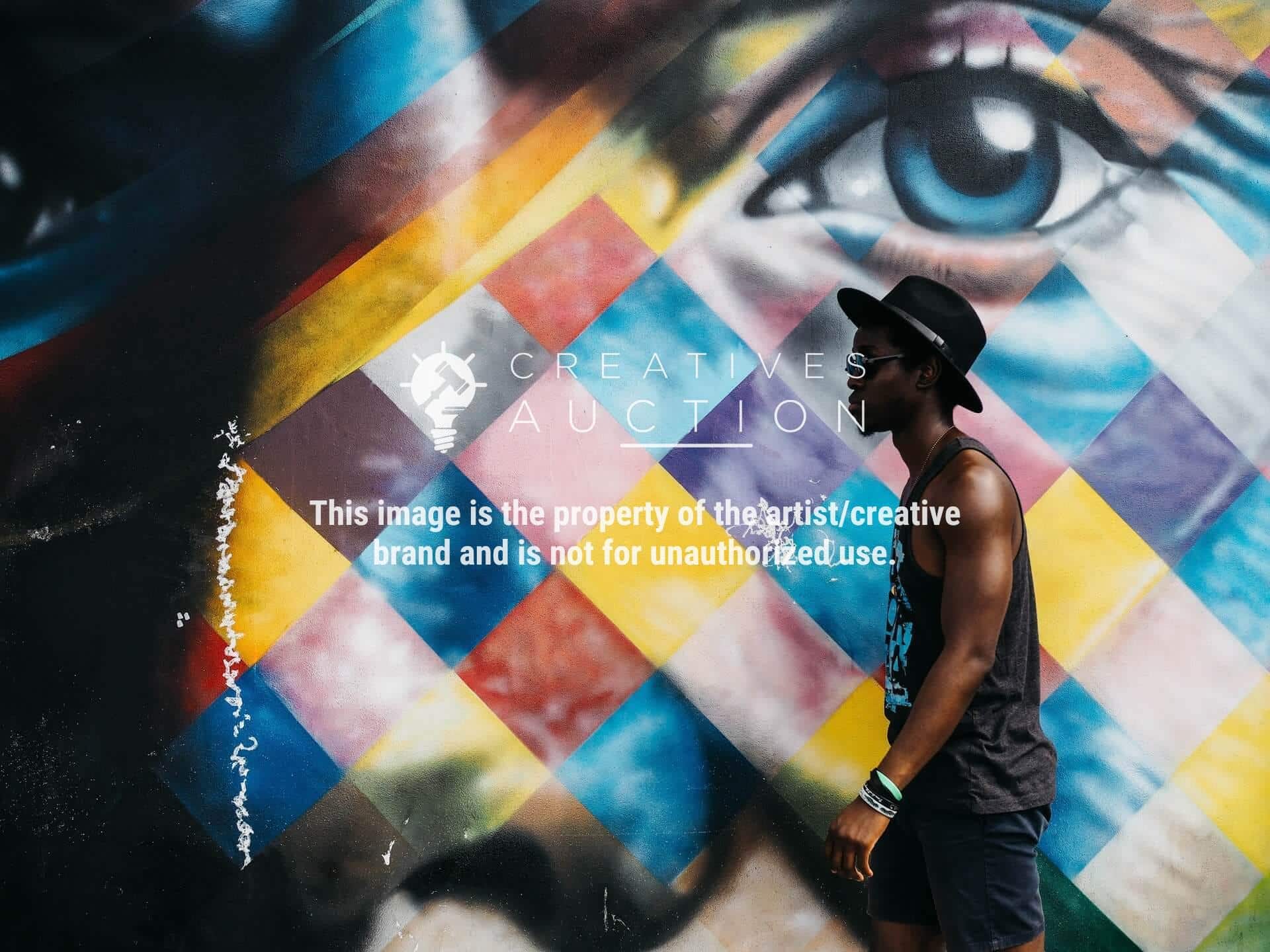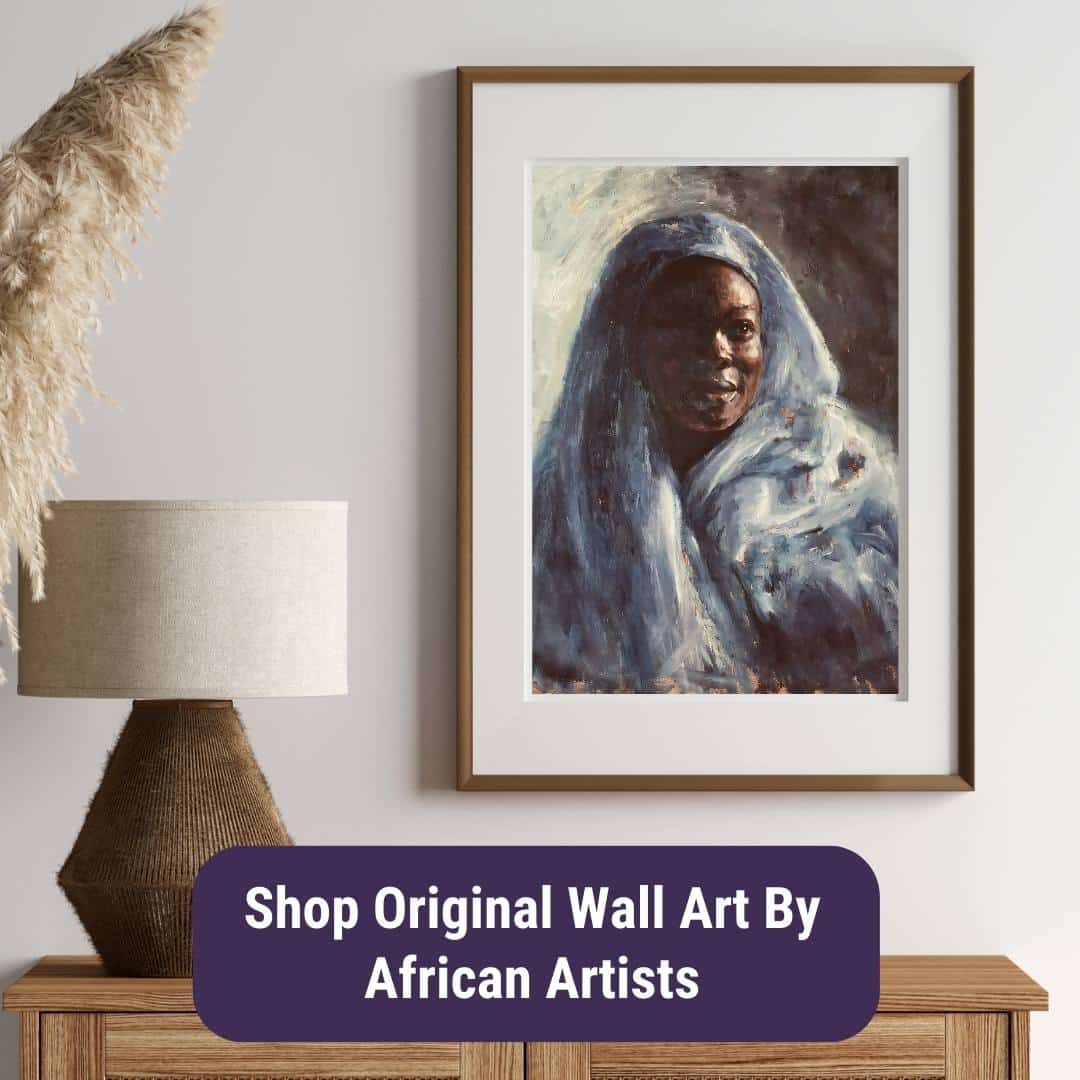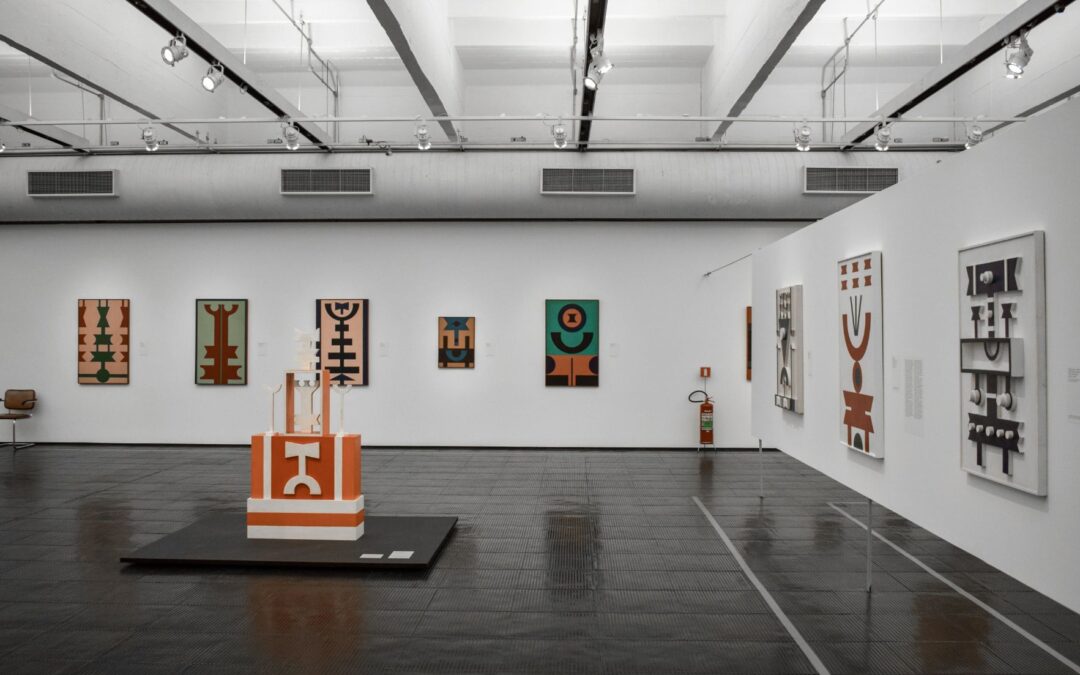The Unemployment Situation Across Africa
It is no longer news that the youth sub-population account for 60% of all of Africa’s unemployed. In Nigeria, data from the National Bureau of Statistics show that the youth unemployment rate is currently at 63% (13.9M) and is significantly higher than for any other age group in the country. This same reality plagues many other African countries such as Mozambique, Angola, South Africa, Namibia and so on. With COVID-19’s negative impact on economic growth for many African countries as well as the increase in crime rates and criminality that it has brought about, it is almost inevitable that the rate of unemployment and even crime will continue to rise steadily unless crucial steps are taken to tackle this issue.
Tapping into the Creative Economy To Create New Jobs for Young Africans
The creative economy could be one key answer to this challenge. According to the Think Tank G20 Insights, it is projected that the creative economy will reach a global valuation of $985 billion by 2023 and could represent 10 per cent of global GDP before 2030. The cultural and creative industry has become the pillar of many economies across the world. In the US, for example, the cultural and creative industry generates $166.2 billion in economic activity every year: 5.7 million full-time equivalent jobs; $104.2 billion in household income; $7.9 billion in local government tax revenues; $9.1 billion in state government tax revenues; $12.6 billion in federal income tax revenues1. This kind of data gives a rough idea of just how much potential the creative economy can hold for Africa, (a continent rich with diverse cultures and creative talents) if only it is tapped more aggressively.

The Roadblocks
While there has been a lot of positive achievements in the African creative sector over the last couple of years, there still abounds a ton of challenges that have discouraged many young Africans from tacking up creative careers. These challenges include;
– The idea in many African homes that only careers in Medicine, Engineering, Law or Business are valid while creative fields such as art, writing, music and fashion are nothing more than hobbies
– The narrative that artists generally starve and not many people are interested in arts or craft pieces
– Short-changing visual artists and craft makers of the real value of their work by some middlemen who take advantage of their desperation to sell. These individuals buy their work at ridiculously cheap amounts and sell them to actual collectors for so much more, keeping profits that should ideally go to the artist/creative who laboured intensely in putting the work together.
– The lack of major investment in art & crafts
– The lack of stringent IP policies in place to protect the work of Creatives
– The negligible involvement of the public sector in the creative space
How Creatives Auction is Addressing the Challenges
Although these challenges cannot all be addressed at the same time, we can start by tackling them gradually even as we make a move towards diversifying the African economy by creating more opportunities for Creative individuals to earn and reducing the rate of crime among our brilliant young men and women. The Creatives Auction platform was created to address some of these challenges by;
– providing an easily accessible place for African Creatives to shine – connecting them directly with collectors and giving them an opportunity to earn more from their works,
– sharing insightful content that will not only spotlight the various opportunities a career in the creative sector presents but will also help African Creatives refine their art and put out the best work, and
– collaborating with other stakeholders in the creative sector to foster prosperity in the space and change the poverty narrative around careers in the creative industry.
Conclusion
There is clearly a lot of work that needs to go into better structuring the creative sector across Africa in order for it to reach its full potential. Creative exports is a big deal and may ultimately become one of the biggest sources of revenue for many African countries. As such, overlooking the sector will be a big miss-step on our end. Additionally, the creative sector has been noted for providing more opportunities for women due to low barriers to entry, entrepreneurship and work flexibility. All these factors taken together make the creative sector the next big thing for the African continent and the time to take advantage of it is now.
1 Omotosho Babatunde Joshua and Olukunle Omotoso. January 2016. “Cultural and Creative Industries as Approaches for Reducing Youth Unemployment in Nigeria” Social Sciences Research, Vol 3.





